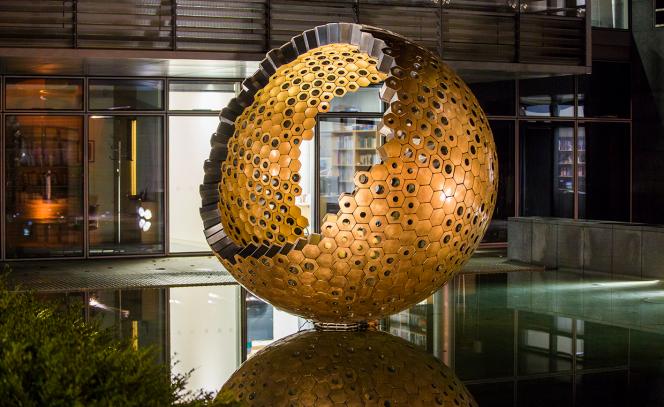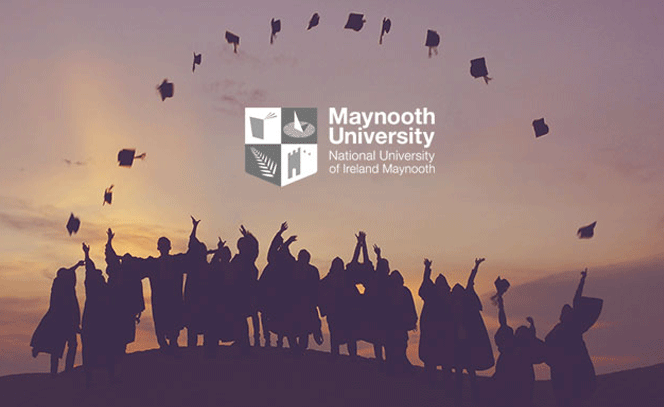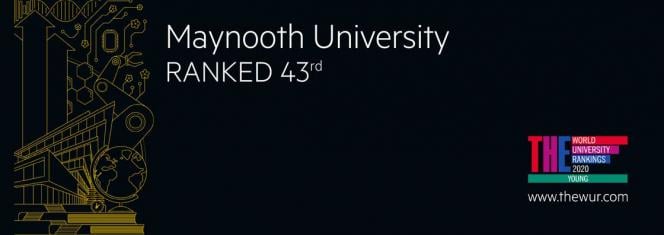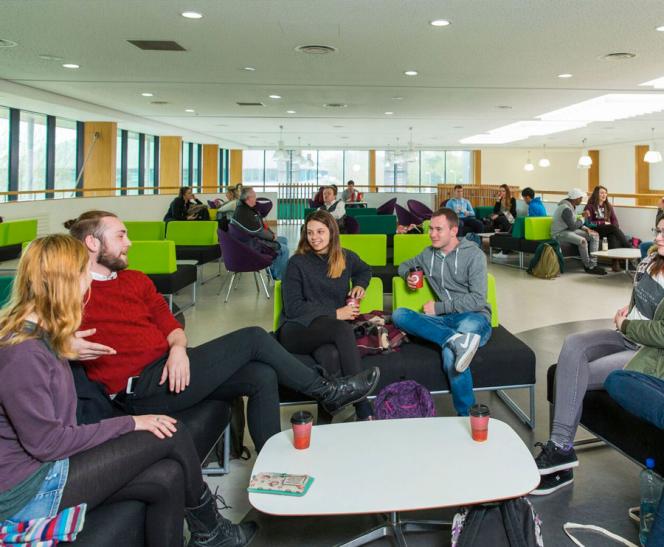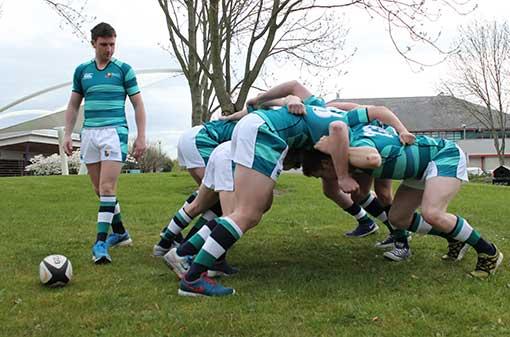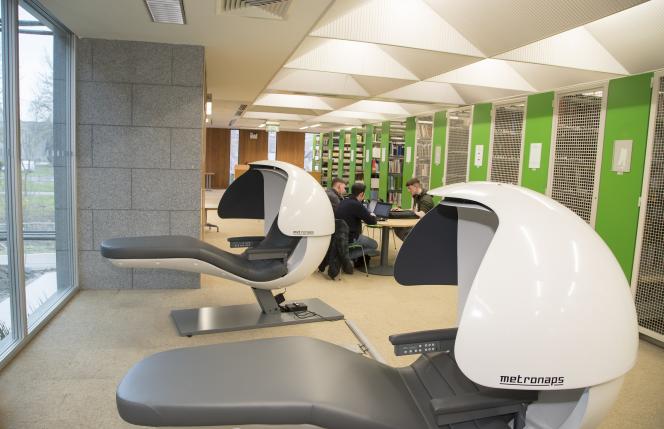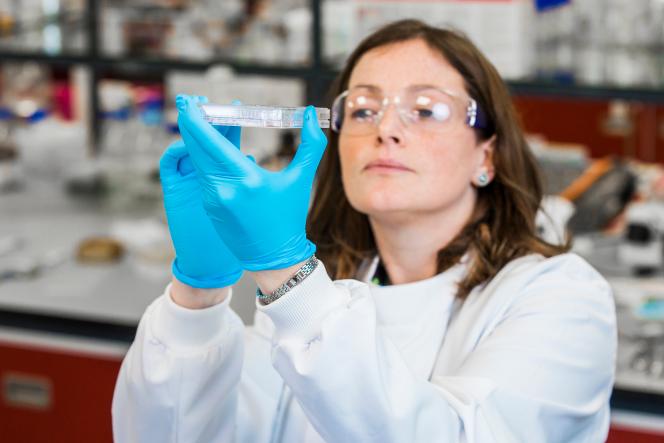At Maynooth University students are at the heart of everything we do.
We prioritise your student experience, both academically and socially to ensure that you graduate with the best set of skills to help you succeed in the world, whatever you decide to do
Access to world class lecturers
Our academics have a (well deserved) reputation for being available to students, to help in any difficulties you may have with your coursework.
Small tutorial groups
While your lectures may vary in size from groups of 40 to 450 people, your tutorials involve much smaller groups of students, meeting regularly with an academic staff member to work through ideas and topics relevant to your course, providing an opportunity to engage in debate and exchange ideas with fellow students.
Flexibility in subject choice
When deciding what to study, the best advice is to pick a subject you are passionate about – you are going to be studying it for the next three or four years after all.
Those of you studying for a Bachelor of Arts get to sit in on lectures for as many subjects as you like during your first four weeks, before making your final decision on the subject combination you would like to study.
And in the last two years of study, all students are offered the opportunity to explore subjects beyond the confines of your chosen degree. With the permission of the relevant department, you will have a free choice to pick optional modules to satisfy your individual needs and interests.
The Times Higher Education Young Universities in the World ranking places Maynooth among the top 50 universities under 50 years old.
From computer programmers to teachers, scientists to journalists, graduates from Maynooth University go on to a wide variety of careers.
88% of last year’s graduates have gone on to secure employment or pursue further studies according to the HEA’s first destinations report, 2015.
The University’s Careers Service offers a range of resources to help you make key decisions about your career path. The range of services include:
- On Campus Recruitment events for employers recruiting Maynooth University Graduates
- Job Listings
- Individual sessions with a Careers Advisor to discuss career options, cv feedback, interview preparation
- Seminars throughout the academic year on topics such as Planning your Career, Business Etiquette, CV and Interview Preparation, Teacher Training
- CV Clinic
- Self Assessment and Careers Interest Tests
- Help Desk
Whether you need advice on employment options or are thinking of pursing further studies you are encouraged to make use of the centre throughout your college days and begin planning your career early on.
Your time at university is not only for academic achievement. Making new friends and pursuing new interests are some of the most rewarding experiences that university has to offer.
Maynooth University has a reputation for being a particularly sociable university - a recent poll of 10,000 third level students voted Maynooth Ireland's friendliest college.
Along with having one of the countries finest Students’ Union, there are over 100 clubs and societies on campus, providing the lifeblood of student activity. From Archery to the Tea Society, whether you are seeking adventure, fitness, relaxation or fun, there is an active student life waiting for you.
Maynooth University continues to invest significantly in a wide range of technologically advanced facilities catering for your academic, social and sporting life at university.
Our new library contains the latest IT innovations and offers up to eight different ways to study, ranging from social and collaborative to silent and individual. Laptops are available for use in the library and users are also welcome to bring their own laptops into the library. The campus wide wi-fi network is available throughout the building.
The University has recently opened the doors to our newest building, Eolas. The focal point for Information Communications Technology (ICT) on campus, this €20.6 million, state-of-the art facility is home to the Departments of Computer Science and Electronic Engineering, two of the Universities leading research institutes and MaynoothWorks, a business incubation centre for spin-out companies and start-ups in IT and biotech.
The laboratories across the campus are fitted with the best equipment for teaching and research.
There are numerous options for food and drink on campus including two restaurants; (Phoenix) on the north campus and (Pugin Hall) on the South campus, Starbucks in the library, the SU Bar and much much more on the North campus.
Our state of the art campus facilities mean that you can enjoy all aspects of sport at Maynooth University - whether you are seeking fitness, fun or friendship. And if you aim to compete at the top of your game, you won't be short of opportunity or support.
With over a third of academic staff coming from abroad and many of our own academics and graduates working internationally, Maynooth University has built up a wealth of global connections.
This means that students at Maynooth benefit from an international outlook, and those of you who wish to study abroad for a semester or an academic year during your degree have a network of connections to tap in to. During the course of their academic degree students from Maynooth have studied subjects such as Law at Boston College, Mandarin Chinese at Beijing Foreign Studies University and Music in the University of Vienna.
Maynooth has many shared research projects with universities around the world.
- In the Dept of Psychology, Prof Dermot Barnes-Holmes is working with academics in Columbia University in New York to predict the success of cocaine abuse treatment.
- Mathematician Dr. Ken Duffy is working with immunologists from the Walter and Eliza Hall Institute of Medical Research in Melbourne, Australia to analyse cell behaviour in a study that could have significant implications for our understanding and treatment of diseases like Coeliac disease, diabetes and rheumatoid arthritis.
- Historian Dr Tom O Connor is working with colleagues from the University of Alcala and the Irish Colleges in Spain, discovering the hidden stories of Irish people who got caught up in the Spanish Inquisition.
See Research at Maynooth University for more information on research projects at the University.
Our world leading academics are putting their minds to solving many of the big issues facing Ireland and the world today.
Securing food supply into the future
Through pollination, bees are responsible for 40% of global food supply. However over the past decade bees have been dying prematurely and in 2007 almost two-thirds of the entire commercial bee population died, due to a phenomenon called Colony Collapse Disorder.
After more than two years research, Dr Kevin Kavanagh senior lecturer in the Department of Biology at Maynooth University and world renowned expert in insect biology and immunology has developed a food additive that has been shown to rapidly improve the health and vitality of bee colonies. Through a spin out company, Beemune Ltd, this food additive is being tested in Europe and the US with promising results to date.
Green transport
Imagine driving into a congested city and avoiding charges by taking environmentally friendly routes, imagine vehicles switching from petrol to electricity as they enter certain areas, or imagine a public electric car rental scheme in cities?
This will require vehicles to be able to communicate with each other, using technology such as GPS, smart sensors and city-wide wireless network connectivity, while not interfering with or compromising security.
The Hamilton Institute at Maynooth University is developing a series of scalable, efficient algorithms for achieving coordination across urban IT and network systems in a research project which will ultimately facilitate cars working together.
Funded by SFI the Hamilton Institute, in conjunction with a number of international collaborators including Fraunhofer Fokus and Technische Universität (TU), Berlin, is working on this, one of the most important environmental research studies currently underway globally.
.
Combating the diseases of poverty
Infectious diseases such as Malaria and TB, which were on the way to being eliminated after World War II, are starting to become prevalent again, particularly among the world’s poor. These diseases of poverty are manifold and getting increasingly complex. The problem, in many cases, is not just medical, but behavioral, social, and political. If, for example, TB patients do not complete the 9–12 months of chemotherapy more virulent strains of the disease are created and spread.
The Departments of Biology and Anthropology at Maynooth University have come together to pioneer innovative ways to address the diseases of poverty by combining anthropological and scientific approaches to change behaviours through public health in general rather than narrow, disease-specific problems.
See Spotlight on Research for details of other projects ongoing in the University.


